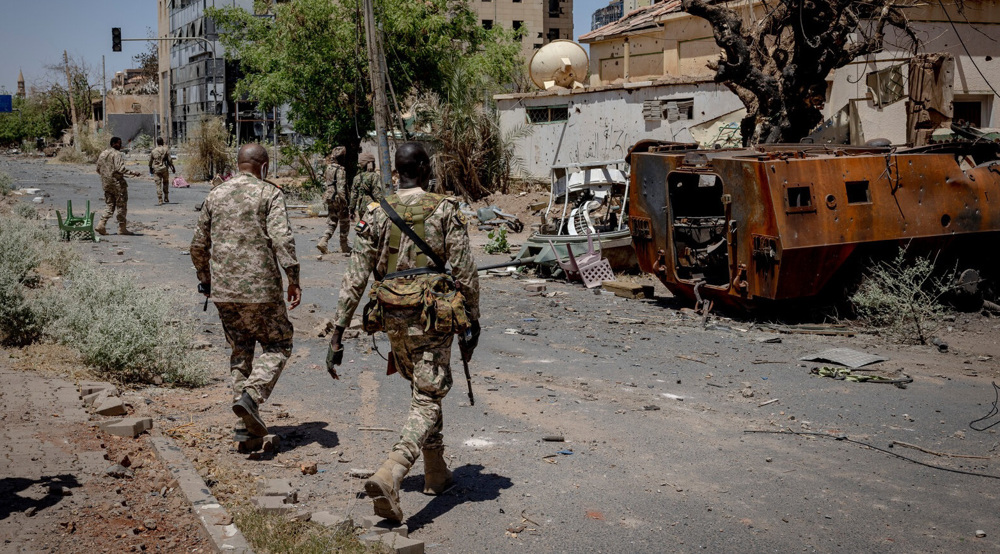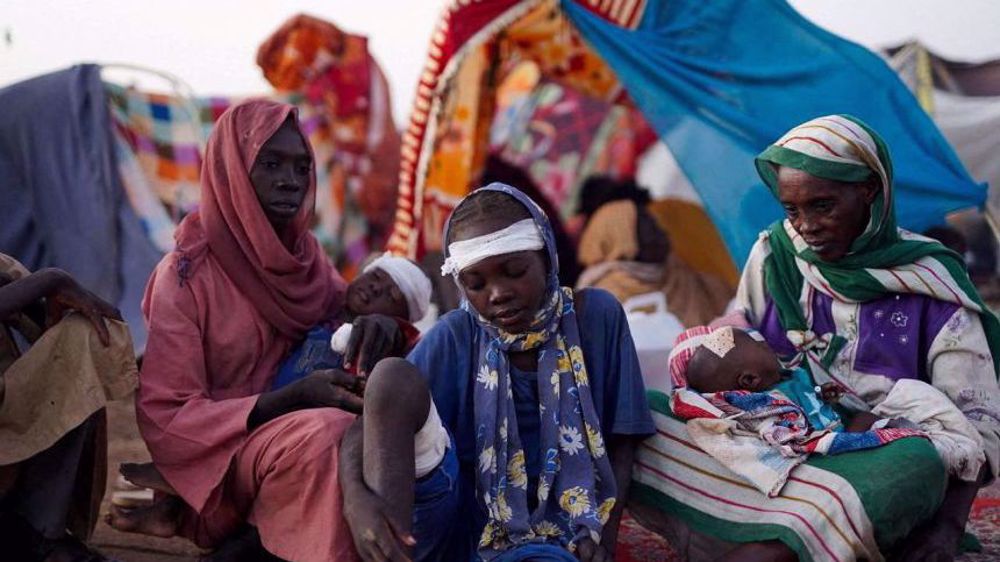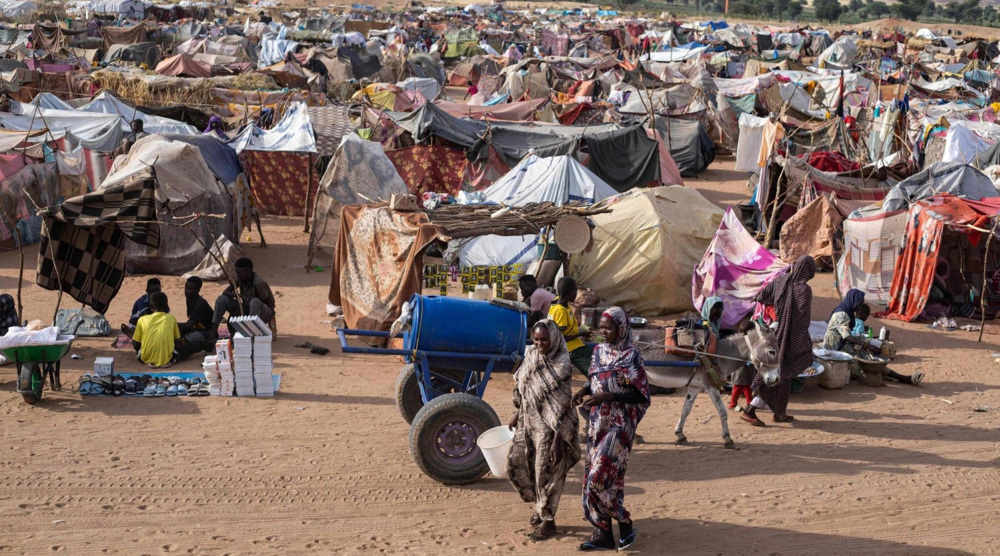Amnesty censures South Sudan over rising number of executions
Amnesty International has denounced a rise in the use of the death sentence in South Sudan, urging the world’s youngest nation to “stop signing execution orders.”
The London-based rights group said in a statement on Friday that seven people were executed this year, including one who was a child when convicted of murder. It said 342 other people were on death row.
"The world’s youngest nation has embraced this outdated, inhuman practice and is executing people, even children, at a time when the rest of the world is abandoning this abhorrent punishment," Joan Nyanyuki, Amnesty's regional director, said in the statement.
"The president of South Sudan must stop signing execution orders and end this obvious violation of the right to life," she added.
Juba, however, denied the report, saying no one had been executed in the country since 2011 and a moratorium had been placed on the practice since 2013.
Presidency spokesman Ateny Wek Ateny said the capital punishment remained on the statute books, adding, "If you kill a person, you will be executed."
South Sudan, the youngest country in Africa, is suffering from a bloody civil war, whose history goes back to President Salva Kiir accusing his former deputy Riek Machar and current rebel leader of plotting a coup.
In September, Kiir signed a peace agreement with rebel factions in the Ethiopia to end the civil war.
However, UN rights investigators said on Friday that all sides in the conflict continue to recruit fighters despite the September accord which stipulates that the warring parties stop recruitment, whether voluntary or forced, as a permanent truce takes hold.

"There is a worrying trend, that there is some recruitment going on," Barney Afako, a member of the UN's Commission on Human Rights in South Sudan, said at the end of a four-day visit to the country.
Yasmin Sooka, the chairperson of the commission, said the new recruitment "is on all sides" of South Sudan's conflict.
The exact motivation behind the recruitment is still unclear, but Afako said it might be "tactical" so that militant groups can argue for a greater share of government demobilization programs, or it might be "preparation to return to conflict."
According to the report, fighting has stopped since the deal was signed in September.
'Powerful strike': IRGC hits US destroyer with ballistic, strategic cruise missiles in Indian Ocean
IRGC: 16th wave of retaliation hit heart of occupied territories; enemy casualties stand at 680
We avenge the innocent until our last breath: Iran's parl. speaker
170 students, teachers martyred in ‘deliberate’ strikes on Iranian schools: Minister
Iran’s air defense systems down six advanced Hermes drones
US defenses overwhelmed by Iran’s drone and missile barrages: WSJ
IRGC says second US THAAD anti-missile unit destroyed
CNN journalists abducted by Israel while reporting on damage from Iranian strikes











 This makes it easy to access the Press TV website
This makes it easy to access the Press TV website